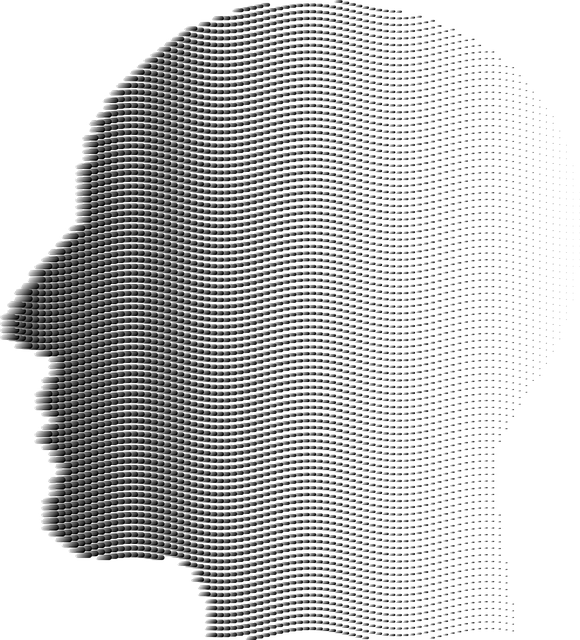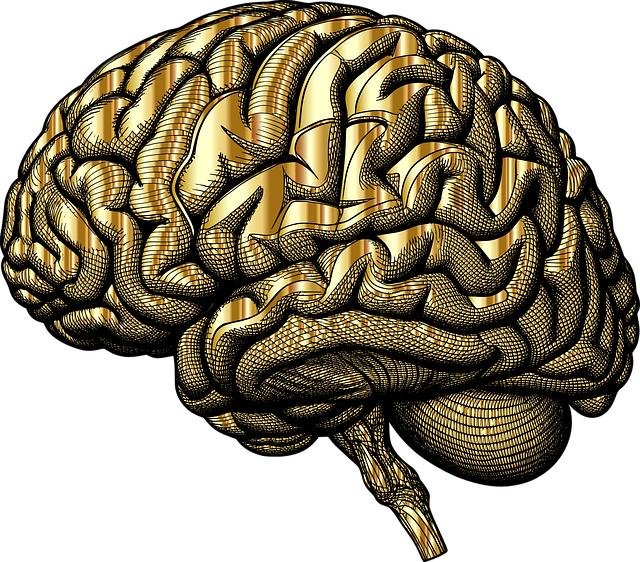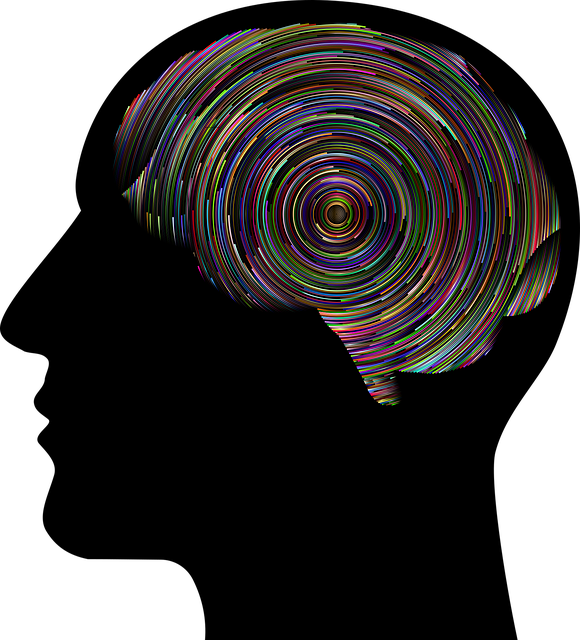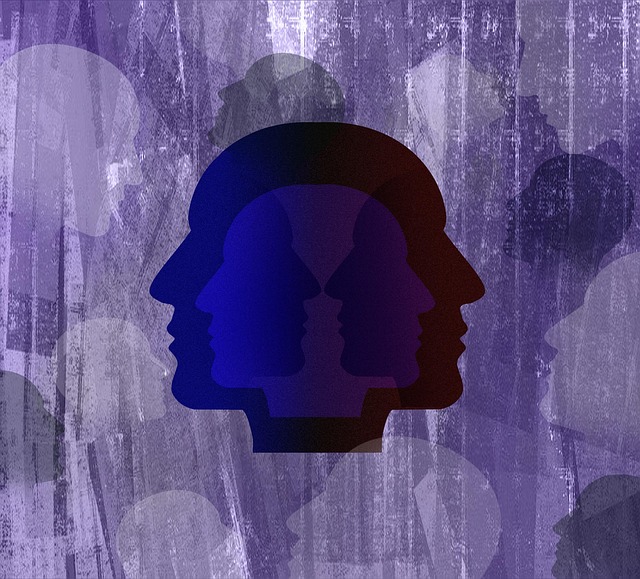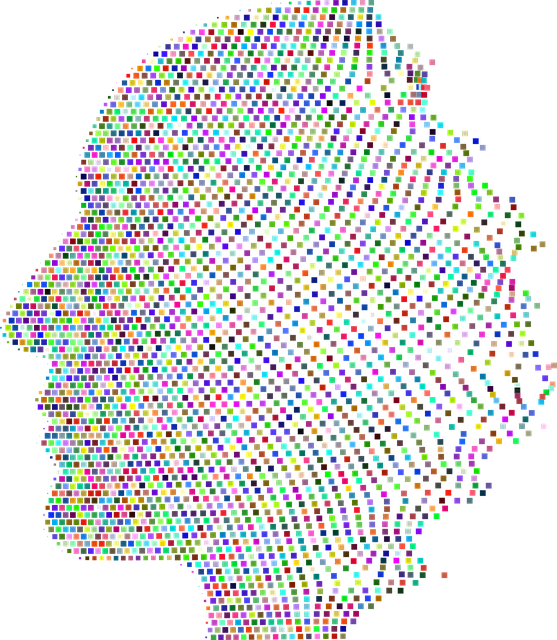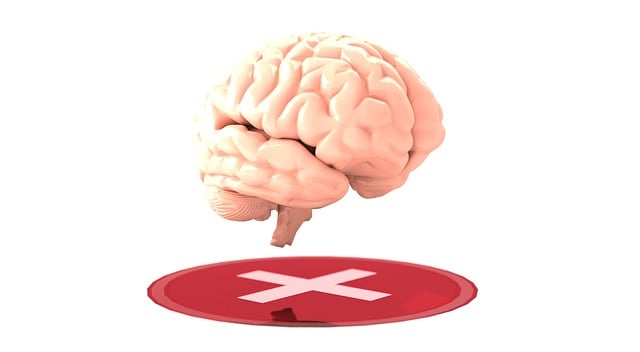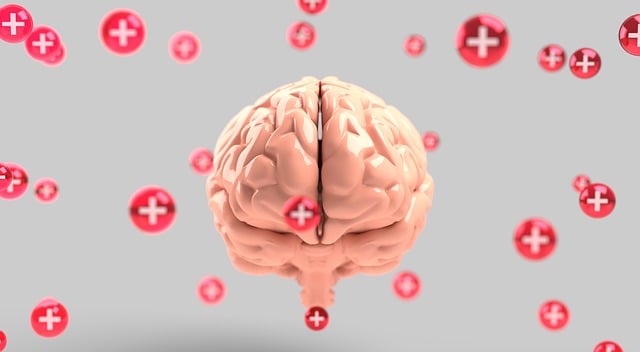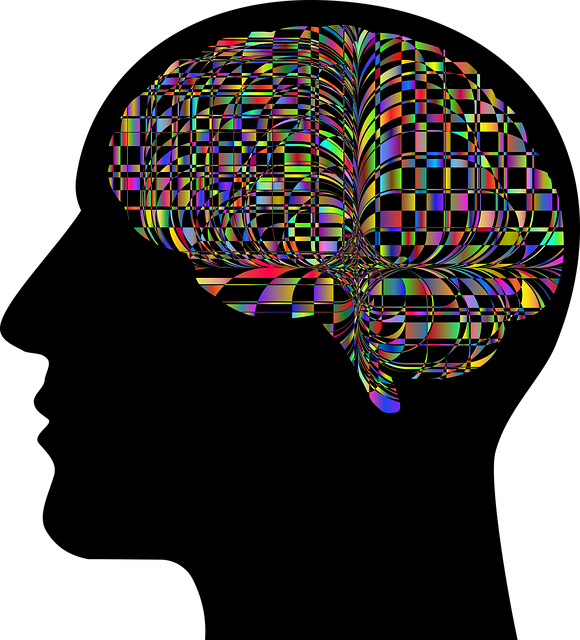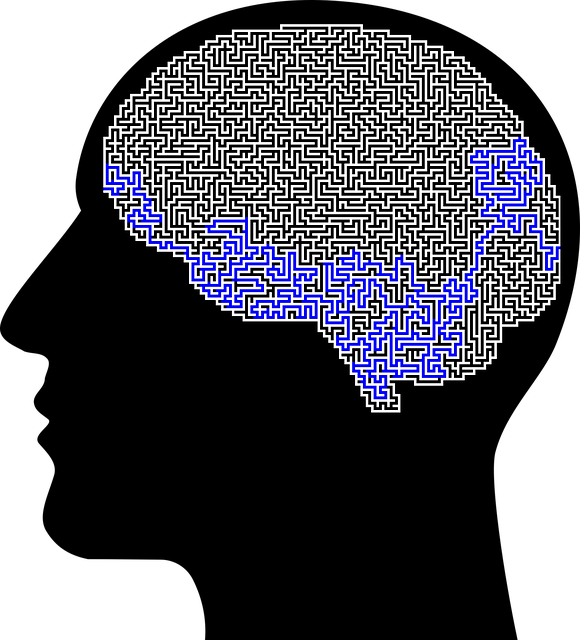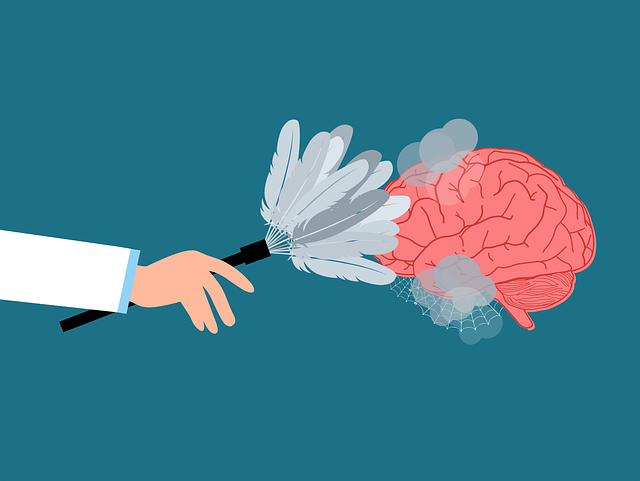Loss and grief significantly impact individuals in non-traditional relationships like those at Aurora Polyamorous and Open Relationships Therapy. This specialized therapy addresses unique challenges, offering emotional healing, positive thinking, and Mind Over Matter principles tailored to polyamorous and open communities. The Aurora Model facilitates open communication about the deceased's roles, creates safe spaces for emotion exploration, and prioritizes healthcare provider burnout prevention through cultural competency training. By combining traditional counseling with innovative practices like mindfulness meditation and narrative therapy, Aurora Polyamorous and Open Relationships Therapy guides clients through emotional processing, reframing perspectives, and developing coping strategies to effectively manage grief's complexities in modern relationships.
Loss, grief, and bereavement counseling are essential aspects of healing after a significant loss. This article explores therapeutic approaches tailored for individuals navigating these complex emotions, with a specific focus on polyamorous and open relationships using The Aurora Model. We delve into the unique challenges faced by non-monogamous communities during grieving processes and provide effective strategies for counselors to support clients. By combining understanding and innovative techniques, therapists can foster healing and growth in the wake of loss.
- Understanding Loss, Grief, and Bereavement: A Therapeutic Approach
- The Aurora Model: Supporting Polyamorous and Open Relationships Through Grief
- Common Challenges in Grieving Individuals within Non-Monogamous Communities
- Effective Strategies for Counseling: Tools and Techniques for Healing
Understanding Loss, Grief, and Bereavement: A Therapeutic Approach

Loss, grief, and bereavement are complex emotional processes that can significantly impact an individual’s well-being. Understanding these concepts is crucial in providing effective therapeutic support, especially within the context of modern relationships like Aurora Polyamorous and Open Relationships Therapy. In today’s diverse social landscape, individuals navigate not only personal loss but also the unique challenges that come with non-traditional partnerships.
Therapeutic approaches should focus on facilitating emotional healing processes, fostering positive thinking, and applying Mind Over Matter principles. By recognizing and addressing the specific needs of those grappling with loss, grief, and bereavement—particularly within polyamorous or open relationships—counselors can offer tailored support. This approach ensures individuals find solace, process their emotions healthily, and cultivate resilience as they navigate life’s inevitable transitions.
The Aurora Model: Supporting Polyamorous and Open Relationships Through Grief

The Aurora Model offers a unique approach to grief counseling tailored for polyamorous and open relationships. It recognizes that when a loved one passes away, the grief process can be complex, especially within non-monogamous structures where multiple connections exist. This model provides a safe space for individuals to explore their emotions, including those related to loss within these intimate networks. By understanding the specific dynamics of polyamorous and open relationships, therapists equipped with this approach can facilitate more effective emotional healing processes.
This therapy encourages open communication about the deceased’s roles and the nature of each relationship, fostering a supportive environment for everyone involved. The Aurora Model also emphasizes the importance of burnout prevention among healthcare providers working with these communities, ensuring they have the cultural competency training necessary to offer empathetic care. This specialized approach allows individuals to navigate their grief while celebrating the unique bonds they shared, contributing to a more holistic understanding and support system during the difficult process of bereavement.
Common Challenges in Grieving Individuals within Non-Monogamous Communities

In non-monogamous communities, such as polyamorous and open relationships, individuals often face unique challenges when navigating loss, grief, and bereavement. One significant issue is the potential for complex emotional dynamics within their support networks. Unlike monogamous couples, where partners may have each other as primary sources of comfort, polyamorous individuals might be supported by multiple romantic partners, friends, or family members, which can lead to unique struggles when one person passes away.
The process of grieving in these communities may also involve managing the expectations and feelings of others. Aurora Polyamorous and Open Relationships Therapy suggests that individuals may experience a sense of guilt or fear of being a burden when expressing their grief, especially if they have multiple supportive relationships. Additionally, the unique nature of their relationships can complicate the traditional stages of grief, requiring specialized guidance to navigate anxiety relief, emotional intelligence, and finding meaningful ways to process and honor the loss through journaling exercises and other therapeutic practices.
Effective Strategies for Counseling: Tools and Techniques for Healing

In addressing loss, grief, and bereavement, therapists at Aurora Polyamorous and Open Relationships Therapy employ a multifaceted approach, combining traditional counseling techniques with innovative practices tailored to modern relationships. They leverage tools like mindfulness meditation and narrative therapy to help clients process their emotions, reframe perspectives on loss, and cultivate coping mechanisms that promote emotional well-being promotion. By integrating these strategies, therapists aim not only to alleviate symptoms of depression and anxiety but also to enhance mood management, enabling individuals to navigate the complexities of grief in healthy and adaptive ways.
Loss, grief, and bereavement counseling are essential aspects of healing in all relationships, including polyamorous and open ones. The Aurora Model offers a unique and tailored approach to support individuals navigating these complex emotions within non-monogamous communities. By understanding the specific challenges faced by those in polyamorous relationships, therapists can employ effective strategies such as validating experiences, encouraging communication, and promoting self-care practices. This specialized therapy aims to revolutionize grief support, ensuring that everyone, regardless of their relationship structure, receives compassionate care tailored to their unique needs, fostering resilience and healing.
